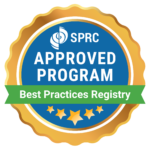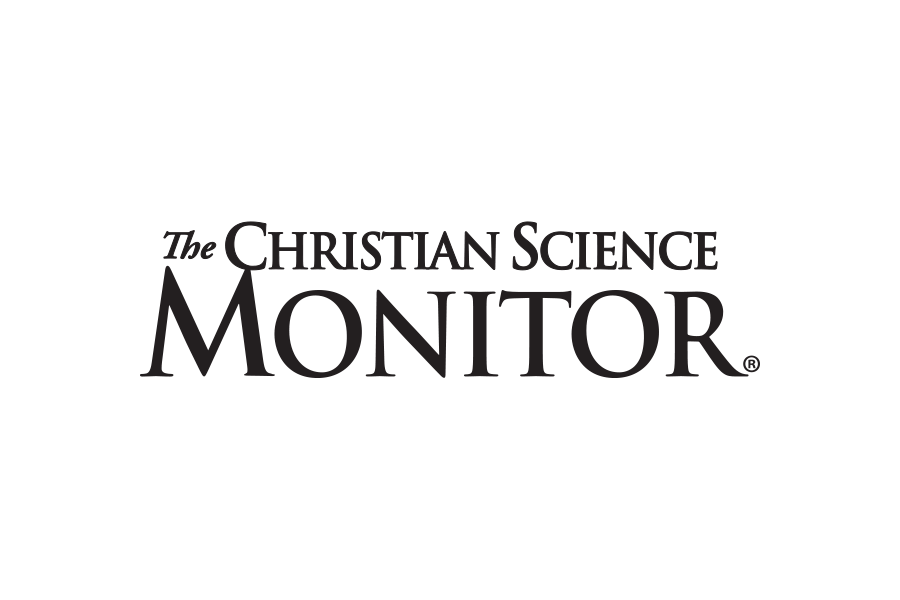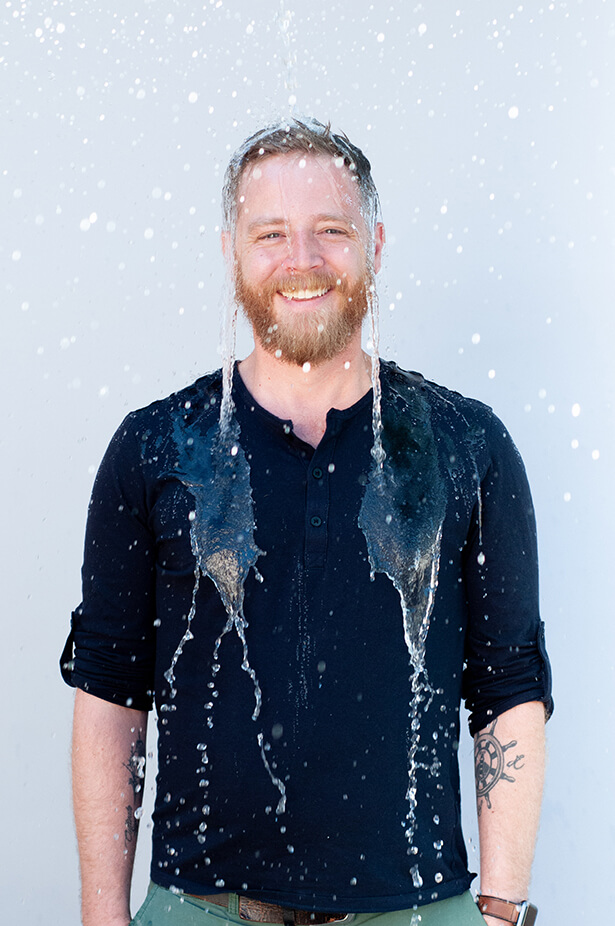Who We Are
Mission & Vision
At Sources of Strength, our vision is To Empower a Well World. We provide exceptional training and curriculum for youth and adults, utilizing a strength-based and upstream approach to mental health promotion and prevention of adverse outcomes like suicide, violence, bullying, and substance misuse. Sources of Strength has a firm commitment to providing evidence-based programming that is responsive to local community context and needs.
Core Values
- Radically Strengths-based - We believe in the presence of strength in every individual and community, and that stories of strength are transformative.
- Bring the Joy - We embrace fun, laughter, play, and joy as powerful tools for healing, connection, and positive change.
- Embrace the Journey - We will never fully arrive; we accept hard facts, hold ourselves accountable, and are resilient as we continuously learn and grow.
- Work the Wheel - We are committed to authentically practicing what we teach by pursuing wellness, kindness, and strength in the world, in our company, and in our own lives.
- Practice Holistic Humility - We recognize our place in a larger whole; we stay grounded when we celebrate and learn from the collective efforts of those we serve, our partners, and one another.


History
While working in juvenile justice as the head of the Police Youth Bureau in North Dakota, Sources of Strength Founder Mark LoMurray and his team were involved in statewide intervention and crisis response with teenagers and their families. At the time, North Dakota had some of the highest teen suicide fatality rates in the nation and over a period of three years in his position, Mark attended many funerals of teenagers. Some of these deaths were results of drunk driving accidents, some were accidental overdoses, and many were suicides. Mark came away from this experience with a profound sense that more could be done to get ahead of these issues and move beyond reactionary and crisis-driven responses. In 1998, Mark left his job at the Police Youth Bureau to begin what would become Sources of Strength with the vision to move further upstream in prevention efforts.
Sources of Strength is presently partnering with thousands of elementary, middle, and high schools across the United States and Canada. Sources also works with dozens of universities large and small, LGBTQ+ centers and organizations, cultural community centers, faith-based groups, detention centers, the military, and much more. Today, there are active Sources teams in most U.S. states and Canadian Provinces, in rural, urban, suburban, tribal and Indigenous communities all across North America.
Evidence Base
Both our Secondary Program and Elementary Program are SPRC approved programs!
Please email us with any questions regarding our evidence-base or to receive PDF copies of journal articles.
Finding What's Right For You
We know there is no "one size fits all" when it comes to community public health and prevention efforts. We offer several pricing models and implementation strategies to meet your needs. We would love to meet with you and help walk you through options to co-create a plan specifically for your community.
Grant Writing Resources
If you are planning to write the Sources of Strength program into a grant and need help with the specific details of the program’s implementation, step-by-step rollout, evidence-based outcomes, cost structure, etc., please use the link below to contact our team for additional resources or to connect with your staff for assistance in your grant proposal and budget.
FAQ
Meet Our Team


























































